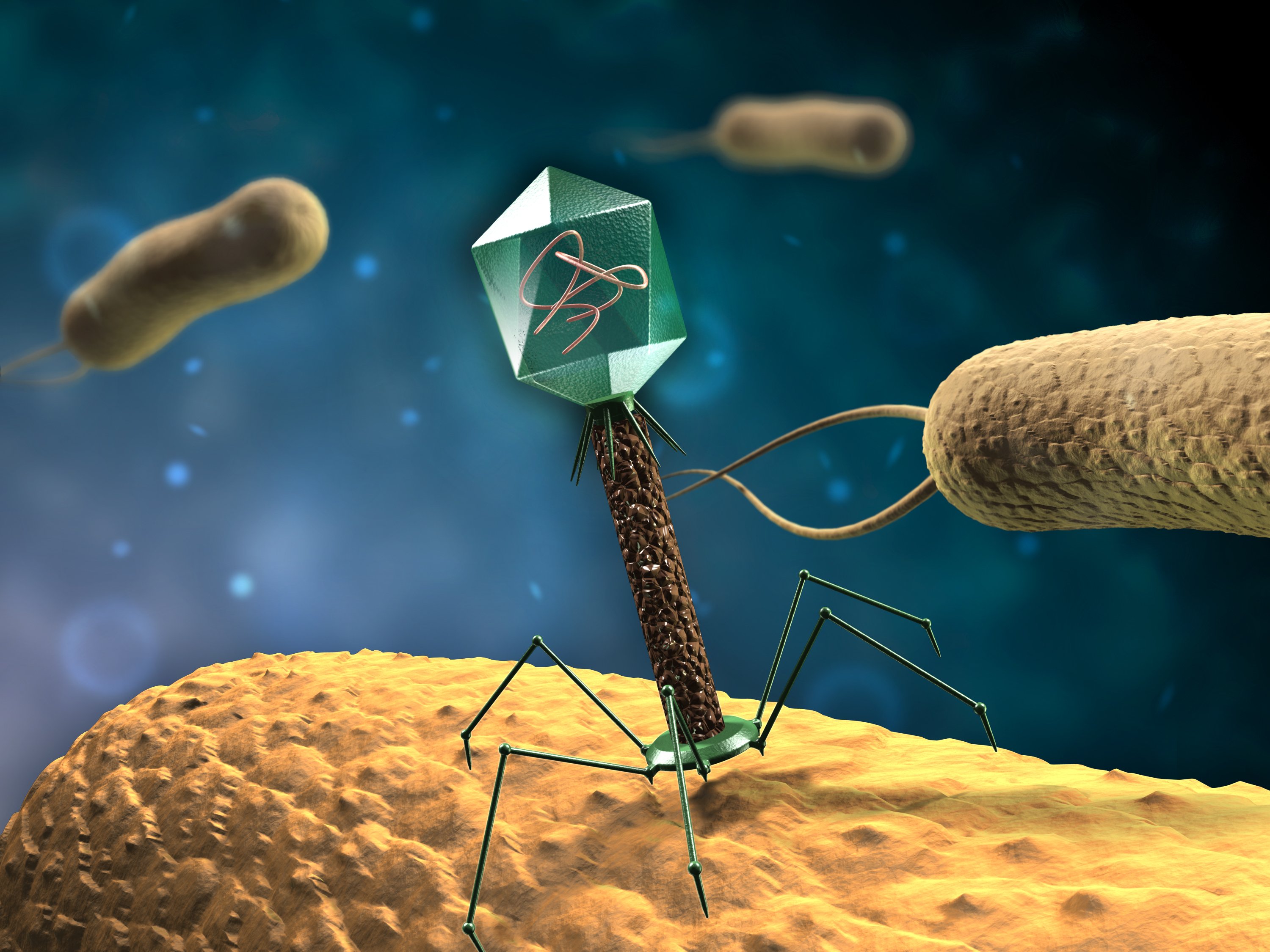Innosuisse funds phage engineering project for the specific detection of listeria species
Environmental monitoring is one of the best means to prevent end product contamination by rigorous early process controls. However, current measures for risk management within food processing facilities are insufficient as testing methods mostly require a high capital investment. The outsourcing of these services, on the other hand, leads to more time wasted until corrective measures can be performed. Over the last decades, the field of fast lab-free bacterial tests started to emerge.
Rapid screening tests offer the opportunity for quality managers in food production sites to stay autonomous and internalize the knowledge obtained by a locally performed set of controls for the best risk management that fits its unique settings. Unfortunately, most rapid tests fall short in terms of specificity and sensitivity as competing microflora challenges the reliability of these methods.
Read also: PCR vs. Rapid Test - complementary or competing methods?
New opportunities thanks to pioneering phage technology
Bacteriophages (or phages, in short) are viruses attacking and killing bacteria. Specially engineered phages (called reporter phages) are able to force bacteria to produce a given type of protein during the infection process. Then, the presence of such “engineered” protein can be detected by ultra-sensitive molecules tailored for this purpose. The phages are only targeting their specific species of bacteria which makes them the perfect precision tools to create specific lab-free screening tests. Phages are safe for humans and are of increasing interest for diagnostic but also biocontrol or human therapeutic applications. -2.png?width=384&height=433&name=Buttons%20templates%20(4)-2.png)
Funding for project combining AquaSpark sensitivity with reporter phage specificity
In 2020, NEMIS launched our first lab-free screening test for Listeria monocytogenes, which was a drastic improvement compared to the classical chromogenic rapid tests. Technology based on Aquaspark molecule is a thousand times more sensitive than its chromogenic equivalents.
Read also: The need for self-control programs concerning Listeria monocytogenes
Recently NEMIS, together with partners from Zurich University of Applied Sciences (ZHAW) and Swiss Federal Institute of Technology (ETH) in Zürich, obtained a prestigious Innosuisse grant (1M CHF total volume). The project goal is to combine ultra-sensitive AquaSpark molecules with pioneering phage engineering to develop a highly specific screening test for Listeria species as indicator - a test in high need within the food industry.
The concept developed in the upcoming Innosuisse Grant shows the synergy of bacteriophage specificity and AquaSpark sensitivity with the aim to develop an engineering platform for a wide variety of diagnostic applications in the future.
About Innosuisse
Innosuisse is the Swiss Innovation Agency. Its role is to promote science-based innovation in the interest of the economy and society in Switzerland.Nowadays, the key to economic success is a combination of knowledge, research and development. Innosuisse especially promotes the partnership between academia and the market with innovation projects, networking, training and coaching, laying the groundwork for successful Swiss start-ups as well as innovative products and services. It provides considerable benefits for a prosperous and sustainable economy.
Author: Łukasz Richter, Senior Research Scientist at NEMIS

